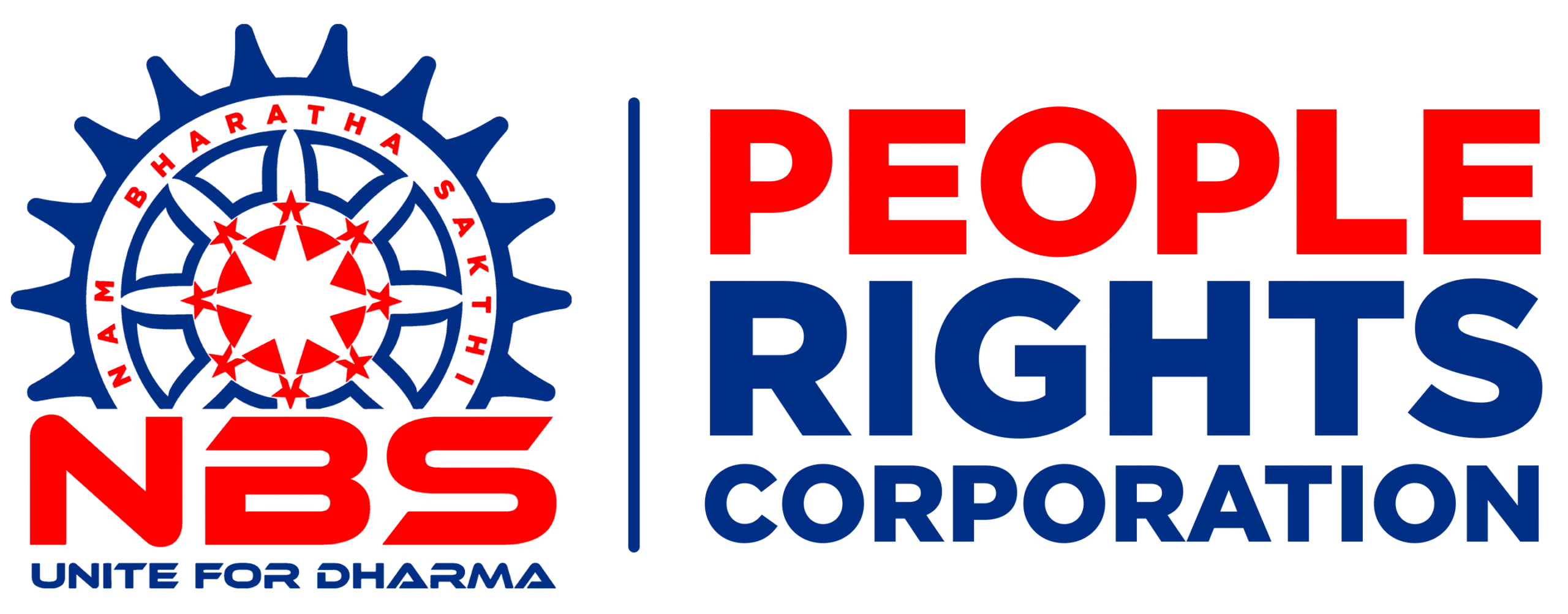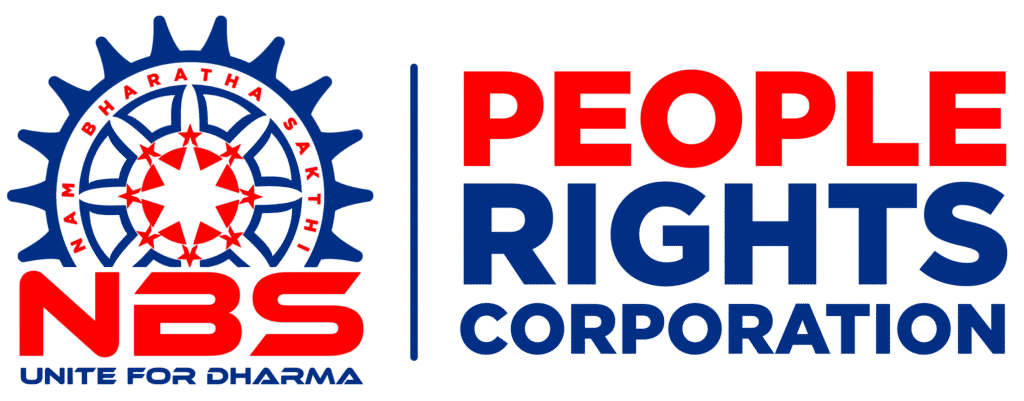MUTUAL AGREEMENT:
Termination may occur by mutual agreement between the organization and the individual involved.
VIOLATION OF POLICIES:
Termination may result from the individual’s violation of organization policies, including but not limited to conduct guidelines, ethics code, or conflict of interest policies.
FAILURE TO MEET EXPECTATIONS:
Termination may occur if the individual consistently fails to meet performance expectations or fulfill job responsibilities despite reasonable efforts to address concerns.
MISCONDUCT:
Termination may result from the individual’s engagement in misconduct, including but not limited to harassment, discrimination, or unethical behavior.
BREACH OF CONFIDENTIALITY:
Termination may occur if the individual breaches confidentiality agreements or discloses sensitive information without authorization.
FINANCIAL IRREGULARITIES:
Termination may result from the individual’s involvement in financial irregularities, such as embezzlement, fraud, or misuse of funds.
CRIMINAL ACTIVITY:
Termination may occur if the individual is convicted of a crime that is incompatible with their role within the organization.
SUBSTANDARD PERFORMANCE:
Termination may result from substandard performance that persists despite documented efforts to provide support, training, and guidance.
REORGANIZATION OR DOWNSIZING:
Termination may occur due to organizational reorganization, restructuring, or downsizing that necessitates workforce reduction.
END OF CONTRACT OR FUNDING:
Termination may occur at the end of a fixed-term contract or project-based employment arrangement when funding or project objectives are completed.
HEALTH OR SAFETY CONCERNS:
Termination may result from health or safety concerns that prevent the individual from effectively performing their job duties or pose risks to themselves or others.
JOB ABANDONMENT:
Termination may occur if the individual fails to report to work or communicate with the organization for an extended period without valid justification.
CONFLICT OF INTEREST:
Termination may result from a conflict of interest that compromises the individual’s ability to fulfill their duties impartially and in the best interests of the organization.
LACK OF PROFESSIONALISM:
Termination may occur if the individual demonstrates a pattern of unprofessional behavior, including insubordination, disrespect, or failure to adhere to professional standards.
NON-COMPLIANCE:
Termination may result from the individual’s failure to comply with legal requirements, regulatory standards, or accreditation criteria relevant to their role.
REDUNDANCY:
Termination may occur if the individual’s position becomes redundant due to changes in organizational priorities, workflow, or technological advancements.
LOSS OF TRUST:
Termination may result from a loss of trust or confidence in the individual’s ability to represent the organization effectively or uphold its values and mission.
BREACHES OF CODE OF CONDUCT:
Termination may occur if the individual breaches the organization’s code of conduct, including integrity violations or conflicts of interest.
DISCIPLINARY ACTION:
Termination may be the result of progressive disciplinary action, following documented warnings or probationary periods for repeated infractions or performance issues.
APPEAL PROCESS:
Individuals have the right to appeal termination decisions through established grievance procedures, ensuring fairness and due process in the termination process.





